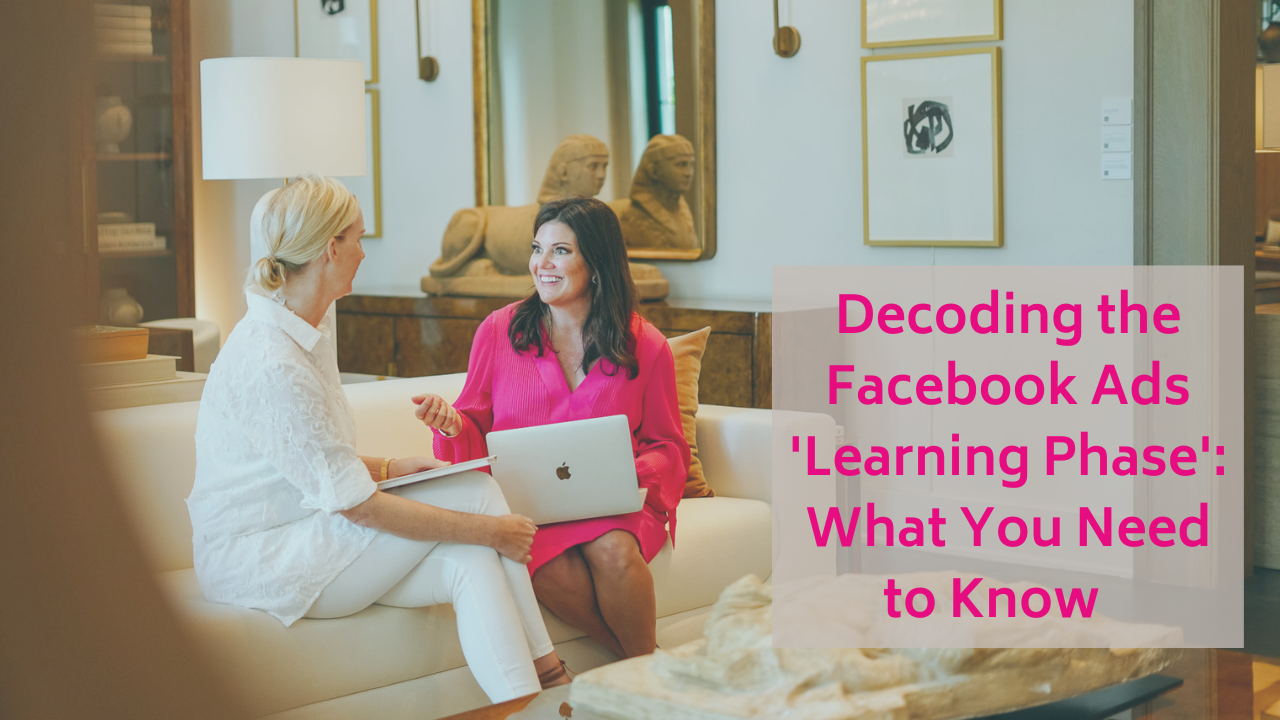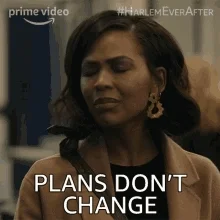
Decoding the Facebook Ads ‘Learning Phase’: What You Need to Know
Launching a Facebook ad campaign is only the beginning. The journey of optimization starts soon after, spearheaded by Facebook’s ‘learning phase.’ But what is this phase, and why is it crucial for advertisers to understand and navigate it effectively? Let’s delve deep.
1. What is the ‘Learning Phase’?
The learning phase is an initial period post-launch of a Facebook ad where the platform’s algorithm is still determining the optimal way to deliver your ad. During this period, the algorithm actively tweaks and adjusts your campaign for the best outcomes.
2. Why is it Important?
-
Optimizing Ad Delivery: The learning phase helps Facebook understand the best audience for your ad, the optimal time to display it, and other crucial delivery details.
-
Ensuring Better Long-Term Results: By allowing Facebook the necessary time to learn, you pave the way for consistent and robust results in the long run.
-
Cost Efficiency: Exiting the learning phase ensures that you’re not spending your budget inefficiently. Once out of this phase, your ad tends to generate results at a more predictable rate, ensuring better ROI.
3. Recognizing the Learning Phase
Within the Ads Manager, Facebook clearly marks ad sets in the learning phase with a "Learning" label, indicating that the ad set is yet to gather sufficient data for optimal performance.
4. Duration of the Learning Phase
Usually, the learning phase lasts until your ad sees around 50 optimization events. After this milestone, Facebook has gathered enough data to deliver your ad most effectively. However, the exact duration can vary based on factors like your ad’s budget, audience size, and relevance.
5. Factors that Reset the Learning Phase
Certain modifications can send your ad back to the learning phase, including:
- Significant changes to your ad set.
- Adjustments to the ad’s creative or message.
- Altering the campaign’s optimization event.
It’s crucial to be mindful of these changes to avoid disrupting your ad’s performance.

6. Exiting the Learning Phase Faster
To exit the learning phase swiftly:
-
Increase Your Budget: A higher budget allows your ad to accumulate optimization events more quickly, helping it exit the learning phase sooner.
-
Expand Your Audience Size: A broader audience can increase the chances of more frequent interactions, aiding faster data accumulation. However, ensure that the audience remains relevant to your ad’s message.
-
Patience: While it’s tempting to tweak and adjust, patience during the learning phase can often yield the best long-term results.
7. Navigating the Learning Phase Effectively
- Monitor, Don’t Over-Edit: While it’s essential to keep an eye on your campaign, making frequent edits can be counterproductive. Collate insights and adjust your strategy after allowing ample time for your ad to stabilize post-learning phase.
8. Understanding the "Learning Limited" Status
Sometimes, even after diligently following best practices, you might notice your ad set gets tagged with a "Learning Limited" status. This essentially means that the ad set isn’t expected to exit the learning phase and may not achieve optimal performance.
Why Does an Ad Enter "Learning Limited"?
Several factors can push an ad into this state:
-
Low Budget: If your daily budget isn’t enough to get about 50 optimization events within a week, the ad may enter "Learning Limited."
-
Audience Overlap: Using audiences that are too similar across multiple ad sets can trigger this status.
-
Too Many Edits: Frequent significant changes to the ad set can make it difficult for the algorithm to optimize.
Navigating the "Learning Limited" Status
If you find your ad in this situation, here’s what you can do:
-
Review and Adjust the Budget: Ensure your budget aligns with the expected conversion rates. If you’re targeting high-value conversions that are rare, you’ll need a larger budget.
-
Consolidate Audiences: Instead of using multiple overlapping audiences, consider consolidating them into broader segments to allow the algorithm more flexibility.
-
Limit Edits: Try to avoid making significant changes in quick succession. If edits are necessary, make them strategically and give the algorithm time to adapt.
-
Reassess Conversion Goals: If you’re targeting a very niche action that rarely occurs, consider switching to a more common conversion event, at least initially. For instance, instead of targeting "purchase" events for a new product, you could start with "add to cart" or "view content" events.
Want more tips for your Facebook Ads Strategy?
Check out my popular blog post "How many Days do You Need to Run a Facebook Ad Campaign to see ‘Good Results?’"
I’m Meredith
We create BIG value for business owners by connecting them with their ideal customers and clients using creative, strategic and authentic digital advertisements.